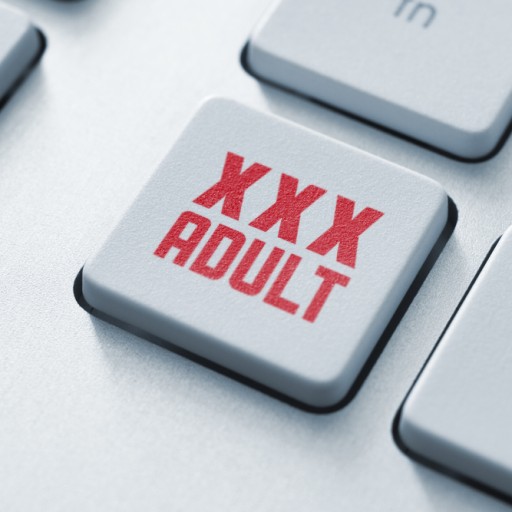Parents and front-line services dread the binge boozing of October 31, but we are all culpable in subtly encouraging the young to partake, says psychotherapist Richard Hogan
HALLOWEEN is about scary costumes, but it has become a night of dread of a different sort for parents and front-line services.
October 31 has become one of those nights in the calendar, like Junior Cert or Leaving Cert night, where we have come to accept that our children binge drink.
A recent study has elucidated that 83% of adolescents have been drunk at least once in their life. This should be an alarming statistic for any parent. In my own practice, as a psychotherapist for teenagers, I often wonder how my own relationship with alcohol impacts the way I talk to them about it.
The dangers of binge-drinking during adolescence
The years between 14 and 25 are a time of considerable change in the human body. The brain doesn’t stop growing until a person is well into their mid-twenties. The dangers of pouring a toxic, chemical substance into the brain, at this early stage of development, are well-documented. Exposure to drink at this formative, developmental stage can cause lasting impairments in brain functions, such as memory, coordination, and motor skills.
Not only can it damage the brain’s development and functioning, but the chances of making poor judgement, for teenagers, increases significantly in a state of intoxication. Therefore, the potential for harm is dramatically increased. The likelihood of engaging in dangerous behaviour, such as unprotected sex or risk-taking, is significantly higher among teenagers who drink.
Research is very clear, and yet we seem to be at a loss as to what to do about this issue.
Why is that? Could it be that we do not want to face up to the cold fact that we are complicit in our children’s drinking habits?
Or could it be that our own relationship with alcohol is preventing us from drawing up a serious policy that tackles underage drinking, for once and for all.
Preventing underage drinking
The greatest influence on a young person’s decision to start drinking is the world in which they live. Family, friends, schools, wider community, and society as a whole all impact on a young teenager’s decision to drink. I grew up in a time when the Premiership was called the Carling Premiership, and the Carling Cup was just another one of the trophies out there to be won.
Carling is, in fact, the biggest sponsor of the league. Up until recently, the largest tournament in club rugby was known as The Heineken Cup. I attended the final in 2011. And I remember thinking how insane it was that children were waving flags handed out for free and stamped by the brewery. And the surrounding billboards flashed their product relentlessly throughout the game. It was like some Orwellian nightmare to watch.
Except the nightmare was very much a reality. There’s the Guinness Pro 12 and the Guinness Autumn Series. Famous Grouse have their product splashed across the Scottish jersey, Brains Beer sponsor the Welsh Rugby team, Budweiser sponsor the Football World Cup, and almost every GAA club is sponsored by the local pub.
If you’re beginning to spot a link here, don’t be alarmed, because the Alcohol Beverage Federation of Ireland (ABFI) claims “there is no link between sponsorship and alcohol consumption”.
However, Diageo, sponsor of Irish rugby and the Gaelic Athletic Association (GAA), in its most recent annual report, attributes sales increases directly to sports sponsorship. Carlsberg, sponsor of the FAI, in its most recent report, stated quite clearly what these marketing strategies mean for their product: “ultimately, sponsorships are about growing our business and driving the long-term sales of our beer brands.” A lot of the work I do with adolescence in schools is to show them that they are being sold/indoctrinated into the belief that sport and alcohol go hand and hand.
I start by showing them cigarette ads from the 1950’s and 1960’s. ‘Light up a Lucky. Man, that first smoke is the best smoke of the day’ so goes the advertisement for Lucky Strike.
My audience of teenagers are shocked and, at times, hysterically laughing at the absurd idea that companies were allowed to propagate such deadly, false information about how great smoking is for you. I follow those ads with a question: ‘are there any ads, today, that promote a harmful drug as something that is good for you?’
Generally, most students categorically say ‘No!’, highlighting the subtle genius behind the marketing of alcohol.
It is inconceivable that a society with the second-highest level of binge-drinking in the world, where three people die every day from an alcohol-related illness, is supine with regard to this aspect of alcohol promotion. We simply cannot look at our children’s drinking habits without first of all looking at ourselves.
Maybe, one day, the Government will draft a policy that actually tackles the issue and we will no longer have to rely on this practical and sound advice: ‘know the one that is one too many!’ Thanks, Diageo.




Richard Hogan – Irish Examiner Columns
Read all of Richard Hogan’s Columns in the Irish Examiner. CLICK HERE TO ...
Read more